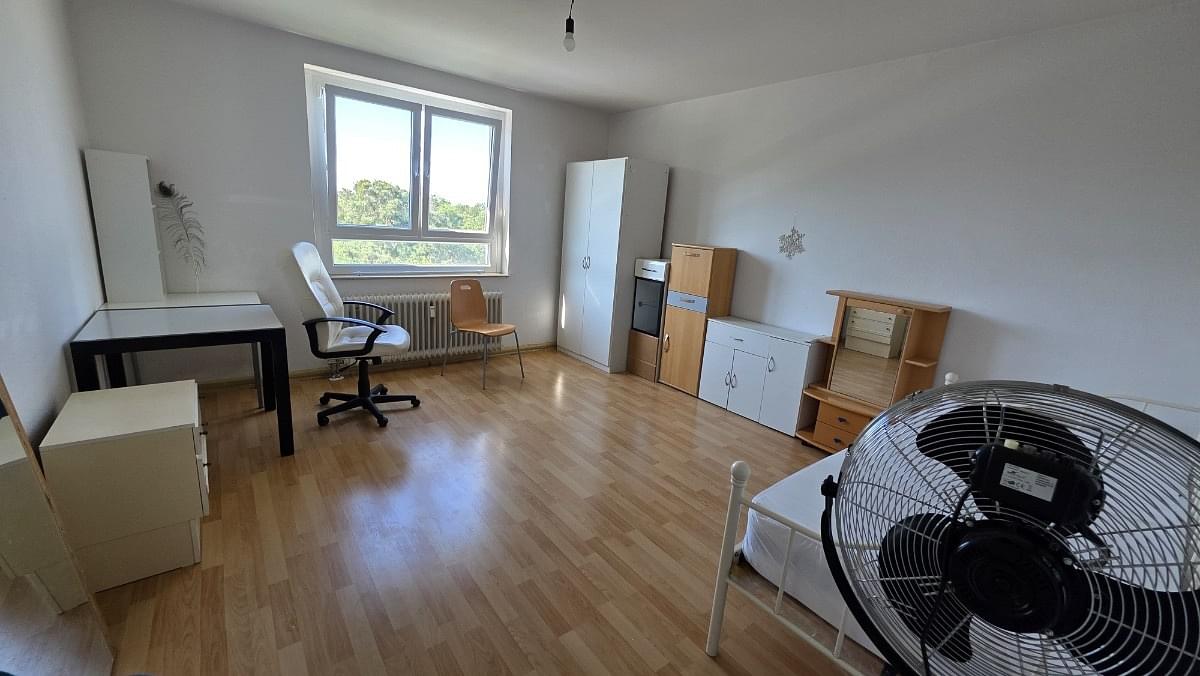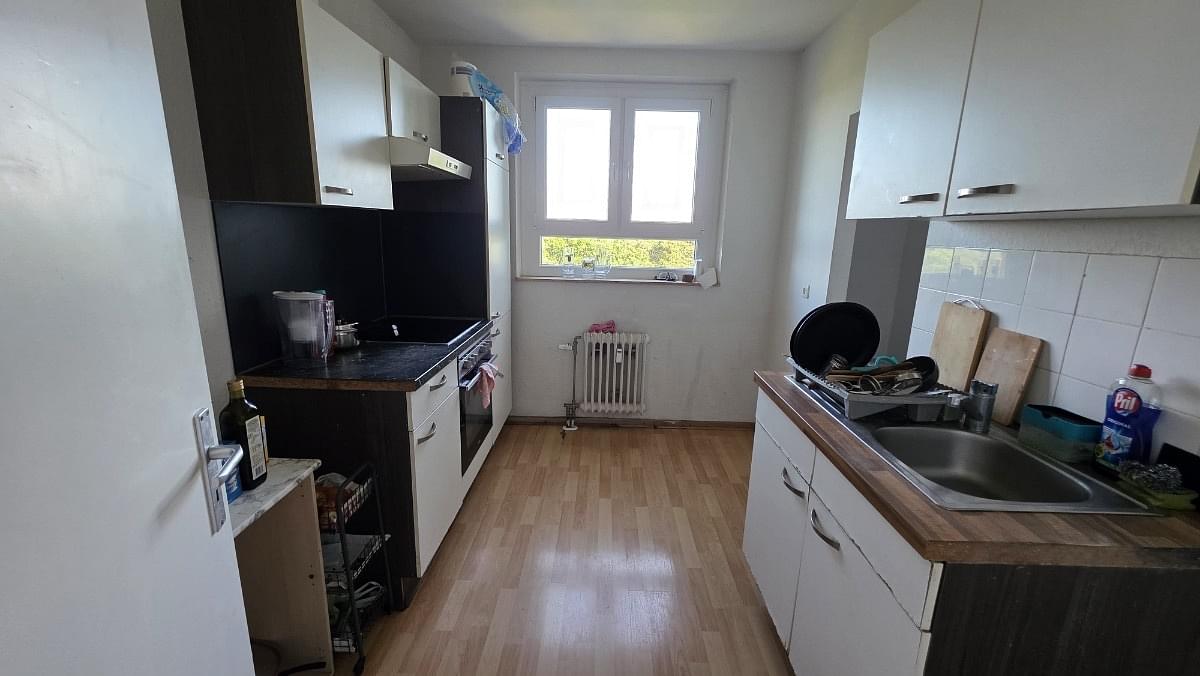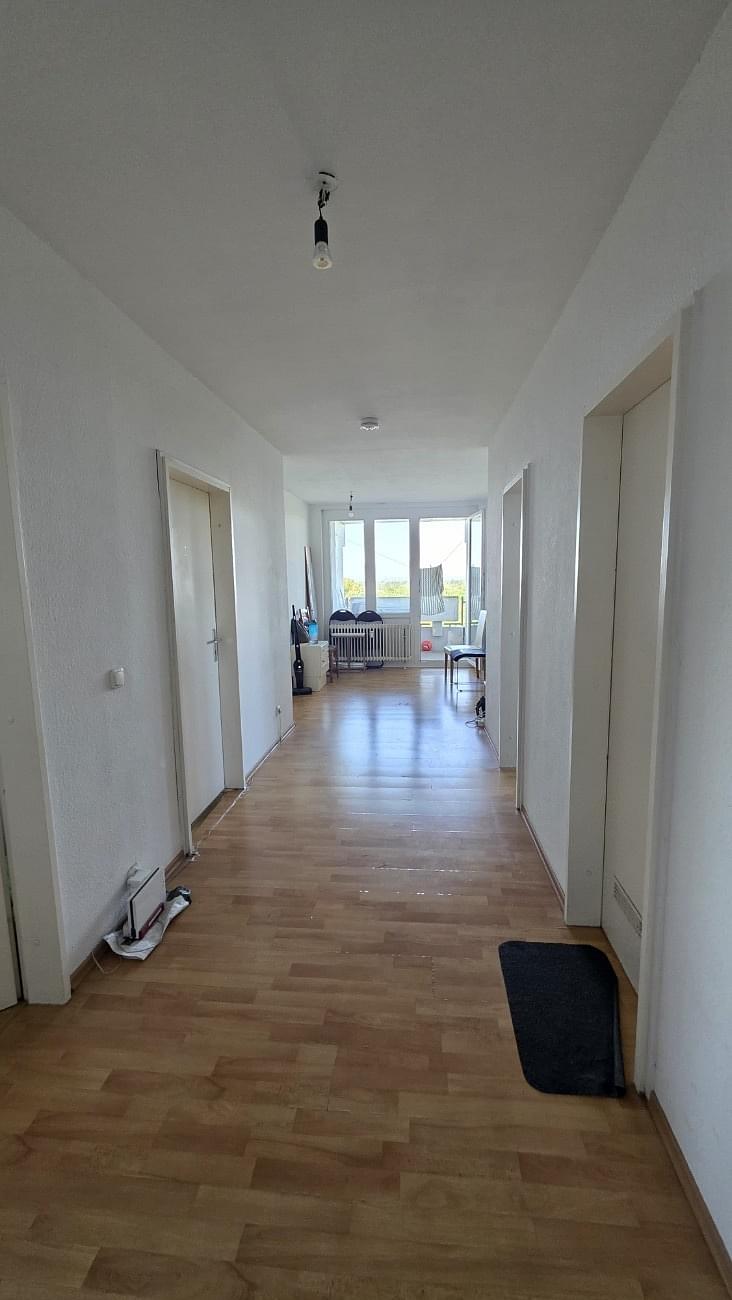What Students Say
Likes
- The entire course is Practical and not just theoretical.
- Th examination is thought provoking and very conceptual.
- The courses are updated based on the current market trends.
Dislikes
- Some examinations require mandatory attendence during lectures.
- Some labs are boring. A manual is given and steps have to be followed to complete the lab without fully understanding it.
- Limited open student positions during the course study.
Course Curriculum
- The courses are quite challenging. The concepts are explained during the lecture and we are expected to understand the various use cases of the concepts. They are mostly Practical since it's a Fachhochschule in Germany.
- The positive is that the course keeps you engaged but at the same time the negative is that if the concepts are not understood correctly, it affects your performance in the exams. We have around 3 slots of lectures, each 1.5 hours. The crowd is majorly indian (85%). We have around 35 students on average in each class.
Admission Experience
- I applied for just 2. I also applied to TU Stuttgart but my application was rejected. I believe my CGPA was not sufficient to get accepted. But also this university, though being a public university, had a fee of around 1500 euros, which is high in case you plan to fund your studies yourself. In general, having some work experience, a good CGPA, and some interesting publications, papers and projects helps in the overall selection process.
- The courses at HDA (Hochschule Darmstadt) were very much aligned with my work experience. Which was the main reason i chose this university. The application process was straightforward. Just submit the required application documents. The eligibility criteria vary every year and hence i sugges to visit the official university website. For example, in my case i was asked for IELTS with an 88% score. No specific challenges; your acceptance totally depends on your profile and on the others who have applied with you. The best ones get through.
- I applied for the Winter Semester. Since this was a university that i really wished to get into, i applied just as the application lines were open and accepting applications. In my case this was in December. The lines were open till March, after which the applications are gone through and a decision is made. I received a response around the end of May 2022.
Faculty
- We have one faculty per 30 students. The Professors encourge interactions during the lectures and hence questions can be asked and doubts can be cleared on the spot. The teaching methodology is such that the concepts are taught and you are encouraged to apply them independently.
- Unlike in India, professors do not support you very much for job applications. This is considered the responsibility of the Students themselves. However, the university provides services explaining how to write your CV, etc.
Campus Life
- To my knowledge, the university has 2 campuses. One is in the city (Darmstadt), close to the main Train station and the other is in DIeburg. The Dieburg campus is mainly for Media and Telecommunication courses. The rest of the MINT courses are offered in the City Campus. We have a Library, sport club. There are regular fun meetup events, especially for the international student crowds.
Part Time Jobs
- Only a few students are able to secure a student working position, especially under professors supporting them during their research. This totally depends upon your performance during the course. The pay range also varies. It's usually around 18 euros per hour. The other on-campus jobs available for students are that you can work in Mensa, the student college canteen.
- Indian students mostly like to work in restaurants. The work is easy and most of them also provide food during shifts. I worked in a snack factory because i did not have much language proficiency and did not prefer a people-related job. Some also prefer working as delivery agents. Language is the only barrier in securing part-time jobs. If you have a good hold on the language, you can easily find part-time jobs. There are various platform to apply for jobs like Indeed, stepstone and Linked, Zenjobs
Placement
- In recent years the percentage has reduced to 60%, in my opinion, because of the current work recession here in Germany. Especially in the automotive domain. Major companies have declared a hiring freeze. The average salary for a fresher after graduating is around 50000 annually. The most common method is to secure an internship in a company and then proceed to do a master thesis there and then hopefully get absorbed.
Accommodation
- I highly recommend the accommodation services provided by the university. The current accommodation scenario is very challenging. It's close to impossible to find an application on your own in our city. If the accommodation services are chosen quite early, a cheaper apartment could be assigned, as this service works on a first-come, first-served basis.
- The rent also varies based on how modern (new) it is and how far it is from the university. The rent for a shared apartment ranges from 400-500 euros.
Exams
- IELTS or TOEFL is required for your english profeciency. Statement of Purpose, Letter Of Recommendation, CV are also required. I had one statement of Purpose that I prepared myself even though there are many agencies that now offer services for the same. I believe they are not trustworthy and are not required. I also submitted 2 LORs. One from the comany I was working in and the other from my university professors.
Fees
- The fee varied each semester but was within the range of 350 to 400 euros. The major part was for the Deutschland Semester ticket, which allows you to travel free of cost on regional trains throughout Germany. The rest is for textbooks for the German courses.
- The german courses are really helpful because in the end it's very important to know and understand the language of a country to live and work here.
Scholarship
- There are no scholarships for our college because no tuition fees are taken. In some cases when you are in the final stage of your degree and you are doing your thesis and are not getting paid during your thesis and you are not able to manage your expenses and day-to-day life, you are then eligible to apply for a scholarship for around 400 euros, provided you can prove your situation.







